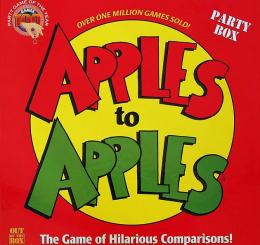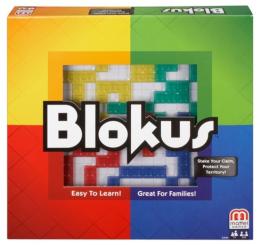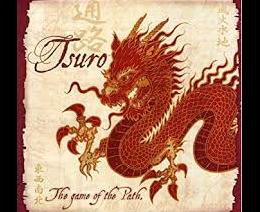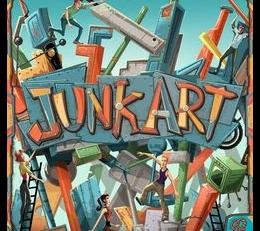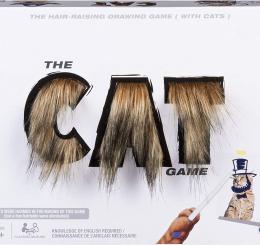Due to flooding Mobile Services is canceling all Books to Go deliveries and all afternoon Bookmobile stops for the week of Monday, July 21st.
Board Game
Test your animal knowledge as you place pawns on illustrated icons of animal traits to describe an animal. Try to get your teammate(s) to guess what t...
Board Game
Board Game
A classic party game perfect for groups of all ages and all sizes! Choose the funniest card in your hand that relates to the adjective card played by...
Board Game
Board Game
Build and explore a haunted mansion with your teammates until one of the players triggers a haunt which reveals the traitor. Then, the innocent player...
Board Game
Board Game
In this quick and easy party game, create ridiculous fighters by combining hilarious character cards with powers/weaknesses cards. Then use your persu...
Board Game
Board Game
Ready to go crabbing? Develop a secret signal with a partner to use when you have collected 4 cards. If you aren’t caught using your secret signal, th...
Board Game
The Cat Game is a fun drawing game using cat images. Pick a card from a CATegory, select a cat image, draw a picture around it and see if players can...




